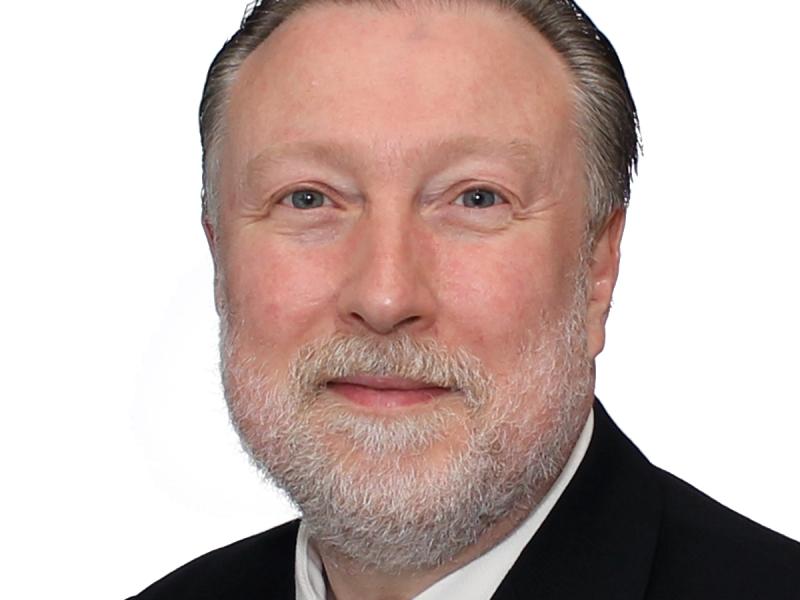
An artificial intelligence-based platform designed by SHIFT Energy has been selected to optimize energy usage and reduce carbon emissions at 7.4 million square feet of Toronto office space owned by real estate giant Cadillac Fairview.
Included in the contract are some of the city's most iconic properties, including the Toronto-Dominion Centre and the CF Toronto Eaton Centre shopping complex.
SHIFT Energy is a Saint John, N.B.-based company which employs artificial intelligence (AI) to optimize the energy performance of commercial-scale HVAC systems in buildings and large facilities such as office towers, hospitals, university and college campuses, shopping centres and sports arenas.
Cadillac Fairview (CF), which is based in Toronto, has a 35-million-square-foot Canadian commercial real estate portfolio focused on the office and retail sectors.
“SHIFT Energy’s solution will support CF in achieving its sustainability goals by cutting energy consumption and carbon emissions from their portfolio’s HVAC system while improving the tenant experience by maintaining consistent heating and cooling,” Dave Schriver, a general manager at SHIFT Energy, said in a press release.
How SHIFT’s solution works
SHIFT Energy’s platform, referred to as ‘HVAC AI’ by its vice-president of sales and sales engineering Daryl Letto, automatically improves the performance of HVAC systems such as chillers, boilers and air-handling units. It manages the so-called 4C's: consumption, carbon, cost and comfort, Letto told SustainableBiz in an interview.
HVAC AI receives data via sensors that collect it from weather services and cloud-based calendars, grid infrastructure information like utility peak event dispatch, and building site information such as utility rates. Then a cloud-based computing system uses AI to perform deep data analysis to optimize the building’s HVAC performance.
SHIFT says it can improve HVAC system performance to save on energy and slash greenhouse gas emissions through actions like addressing Ontario’s Global Adjustment – a price premium on electricity during peak hours. AI predicts the peak hours and reduces the load across CF’s building portfolio, saving money and minimizing strain on the electrical grid, Letto said.
Letto could not say how much HVAC AI could reduce the carbon emissions and energy use of CF's eligible Toronto portfolio, only saying it would be “significant.” Instead, he referred SustainableBiz to previous case studies.
In an already energy-efficient 928,000-square-foot office tower in Western Canada owned by a large real estate investment trust, SHIFT says it reduced energy consumption by 241,500 kilowatt-hours per year and cut 600 tonnes of carbon dioxide equivalent per year.
SHIFT’s work with CF
This is SHIFT’s second engagement with CF. Letto said SHIFT previously deployed its technology with CF in buildings located in Toronto, the Hamilton area and in Calgary.
CF deployed a “competitive” request for proposal (RFP), and selected SHIFT based on the success of its deployment, Letto said.
“We have proven success within the portfolio that led to a competitive RFP because of the results of that.”
Karen Jalon, vice-president of sustainability, energy and smart technology at Cadillac Fairview, said in the press release, “As we continue our journey to net-zero emissions, we’re proud to collaborate with innovative partners to advance towards our goals and support transformation.”
CF has set out to reduce its Scope 1 and 2 greenhouse gas emissions by 35 per cent by 2030 for its operated portfolio, and has a net-zero target for Scope 1 and 2 emissions before 2050. It is also aiming for a one to three per cent reduction in energy use year-over-year.










